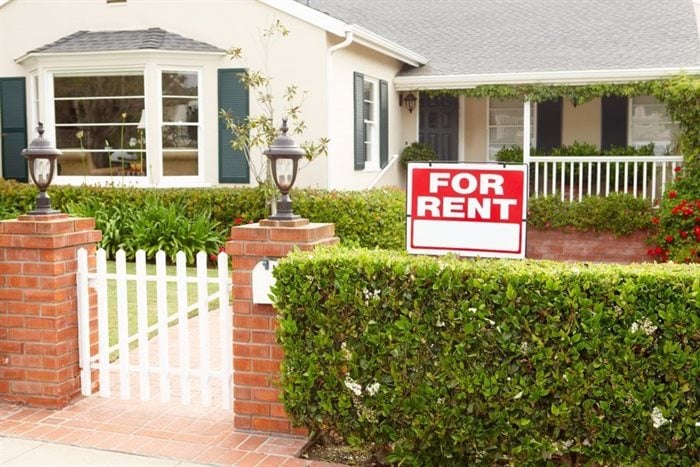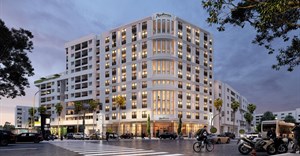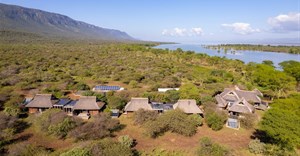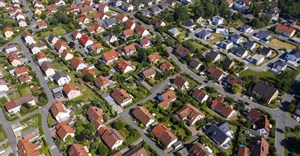Trending
Elections 2024
Jobs
- Senior Bookkeeper Knysna
- Inside Sales Representative White River
- Trainer - Driver Code 14 Cape Town
- Brand Ambassador White River
- 12-Month Automotive Learnership Opportunity Pinetown
- Sales Consultant White River
- Communications Manager George
- Print Machine Minder - Intern Edenvale
- Senior Business Analyst Johannesburg
- Field Sales Representative White River
Property investment: rental yield vs capital growth

"Rental yield is important but in the long run, you want to be seeing capital growth because that's what makes for a solid investment," Cohen explains.
A simple example to illustrate the point:
A property of R1m could (quite easily) fetch a monthly rental income of R7,500, amounting to R90,000 a year. There will be a number of expenses that need to be accounted for such as rates and taxes, levies and maintenance, but the R7,500 is still a notable return.
The capital growth on the same R1m property could be around 6% per annum, or R60,000 per year. "Inexperienced investors will immediately point out that the annual rental yield is R30,000 more than the capital growth," Cohen says, "but what they typically don't account for is the overall appreciation of the asset."
Viewed differently, R60,000 was added to the value of the property while the R90,000 was just cash flow, it didn't add to the value of the property. Cohen offers a clearer comparison: "Imagine, given current market conditions, that the monthly rental increased by 5%. That would mean R375 extra each month, or R4,500 per year, which is a long way from the R60,000 capital growth, even after expenses."
Rental yield doesn't grow the asset
The goal with an investment property is capital growth, which is why long-term performance should enjoy priority over rental yield. "The short of it is that capital growth is the value of the property over time, while rental yield is simply the monthly cash flow," Cohen highlights. The rental yield is however still important because it looks after the asset, but it doesn't grow the asset.
An investment property with a healthy capital balance also allows the investor to leverage the asset to expand their property portfolio. "It's difficult to save for a deposit for the next property investment, but it may be possible to leverage the capital in your high-growth properties to pay the deposit on your next purchase," Cohen points out.
Any investment should be considered together with the investor's overall financial and investment goals. "It's always a good idea to involve both a trusted property professional and a certified financial advisor for advice and guidance. Taking an active interest in the investment is highly recommended too," Cohen says.















